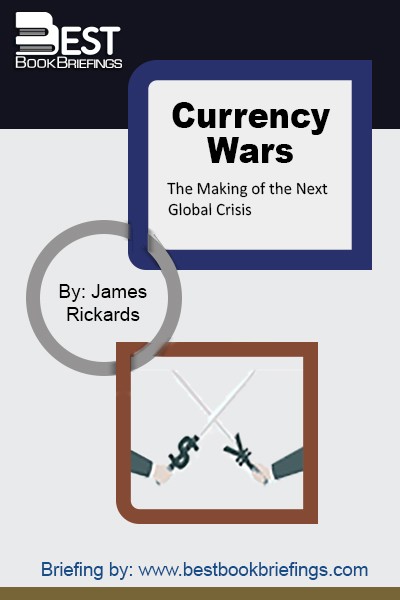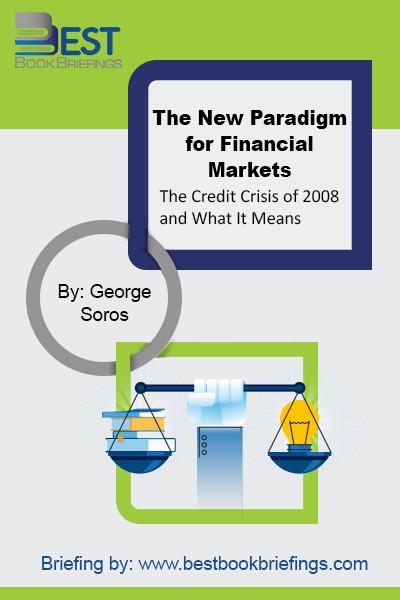The New Paradigm for Financial Markets
The Credit Crisis of 2008 and What It Means
Number of pages: 208
Publisher: PublicAffairs
BBB Library: Economics and Investment, Technology and Globalization
ISBN: 978-1586486839
Editorial Review
In the midst of the most serious financial upheaval since the Great Depression, legendary financier George Soros explores the origins of the crisis and its implications for the future. Soros, whose breadth of experience in financial markets is unrivaled, places the current crisis in the context of decades of study of how individuals and institutions handle the boom and bust cycles that now dominate global economic activity. “This is the worst financial crisis since the 1930s,” writes Soros in characterizing the scale of financial distress spreading across Wall Street and other financial centers around the world. In a concise essay that combines practical insight with philosophical depth, Soros makes an invaluable contribution to our understanding of the great credit crisis and its implications for our nation and the world.
Book Reviews
Books on Related Topics

The Internet has irrevocably changed the world, and it continues to do so as developers build on the platform of connection it creates. Thus, far, the World Wide Web has been the greatest meta-application to leverage the underlying fiber of the Internet. The indexed web contains at least 4.73 billion pages,

Currency wars are one of the most destructive and feared outcomes in international economics. At best, they offer the sorry spectacle of countries’ stealing growth form their trading partners. At worst, they degenerate into sequential bouts of inflation, recession, retaliation, and sometimes actual violence! Left unchecked, the next currency war would

The global financial crisis has already inspired over a thousand books, not to mention myriad articles, blogs, and other commentary. Some are simply expressions of anger. Others document the hole we find ourselves in or perform forensics on how we nearly buried ourselves alive. Fewer focus on what is to be

The recent economic crisis was a dramatic reminder that capitalism can both produce and destroy. It's a system that by its very nature encourages predators and creators, locusts and bees. But, as Geoff Mulgan argues in this compelling, imaginative, and important book, the economic crisis also presents a historic opportunity to

Easternization is the defining trend to our age—the growing wealth of Asian nations is transforming the international balance of power. This shift to the East is shaping the lives of people all over the world, the fate of nations, and the great questions of war and peace. Gideon Rachman offers a



